





FIVE YEARS SINCE AL-SHABAB BANNED THE USE OF INTERNET IN SOUTH CENTRAL SOMALIA
Author By│Abdikhayr M. Hussein
It is five years since Somali rebel group al-Shabab banned the use of internet through mobile handsets and fibre optic cables throughout Somalia. The ban has been effective in the areas controlled by Al-Shabab in the South Central Somalia where the group has an active presence.
This has unfortunate repercussions for economic, education and technology growth in the areas controlled by Al-Shabab. While the people in the other regions of Somalia has internet connection and use over their phones, Al-Shabab cut off areas under their control from the rest of the country and the world and reducing them to silence. By preventing the public from using the Internet in the areas it controls, Al-Shabaab is launching an unprecedented offensive against freedom of information and there is little progress on lifting these restrictions.
There are several fibre optics cables in Somalia, but in the South Central Somalia where Al-Shabab has presence, has only one cable that is limited to Mogadishu. As Al-Shabab has been losing ground to Somalia’s internationally recognised government troops and African Union peacekeepers, there is little progress on easing restrictions on the internet in the liberated areas.
The Internet offers unprecedented opportunities for the realisation of human rights, and plays an increasingly important role in our everyday lives. It is essential that all actors respect and protect human rights on the Internet. Therefore, I urge Al-Shabaab to lift this ban at once and that the Internet Providers ease such restrictions in the areas liberated by the Somalia’s internationally recognised government troops and African Union peacekeepers.
Article Contributor: Abdikhayr M. Hussein
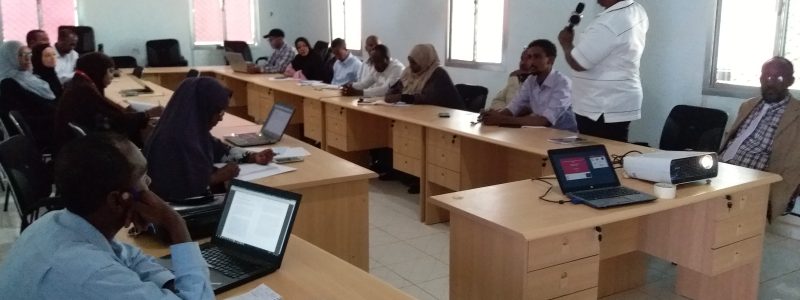
Bareedo Platform Somalia successfully conducted a targeted capacity-building training for staff of the Department of Refugees, Returnees, and Mixed Migrants under the Ministry of Interior of Puntland.
This is part of part of Bareedo Platform’s ongoing commitment to advancing safe migration practices and institutional capacity in Puntland.
The two-day training, held from November 5 to 6, 2015, in Bosaso, Puntland, brought together 29 key staff members from across the migration monitoring spectrum. These included:
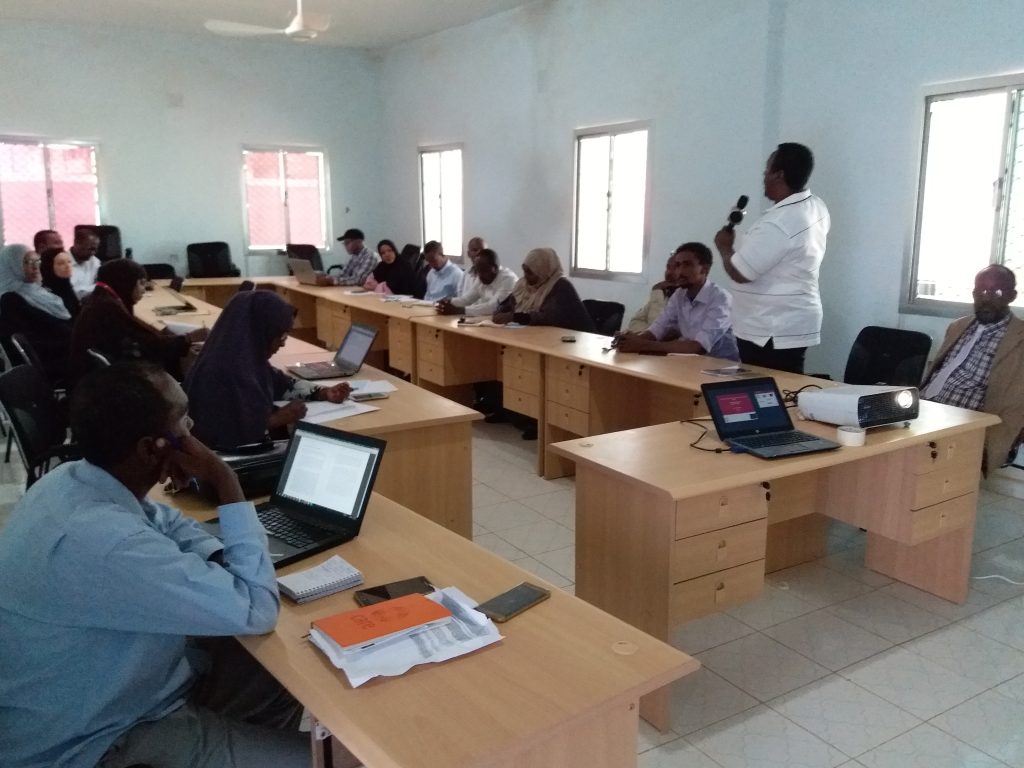
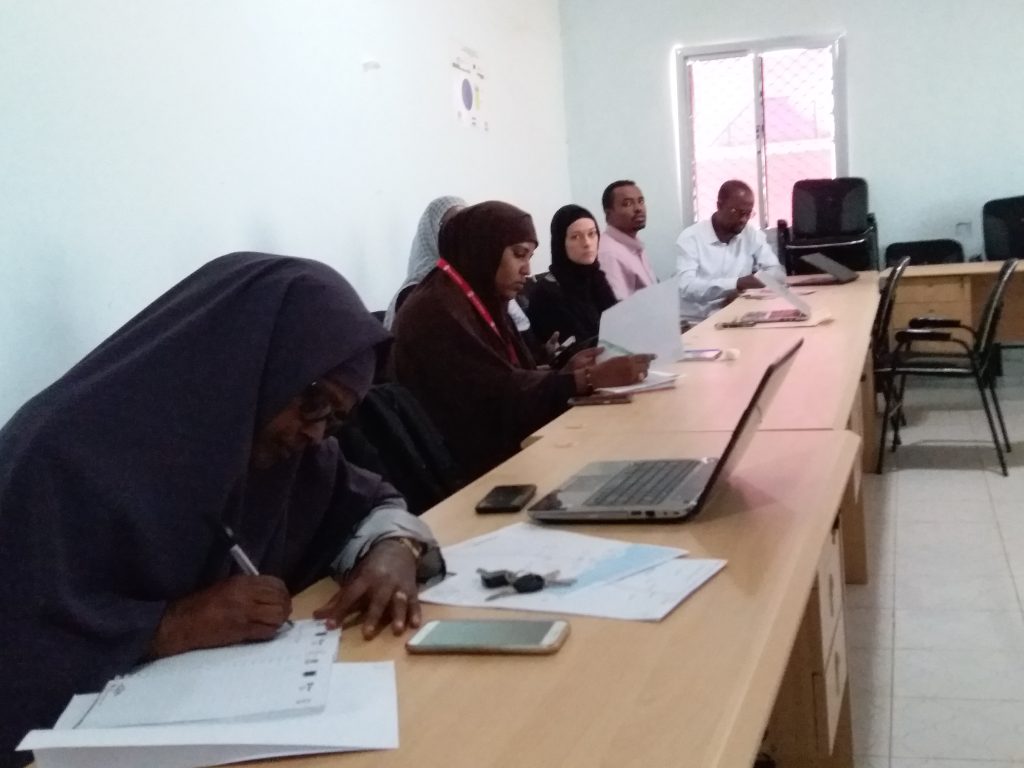
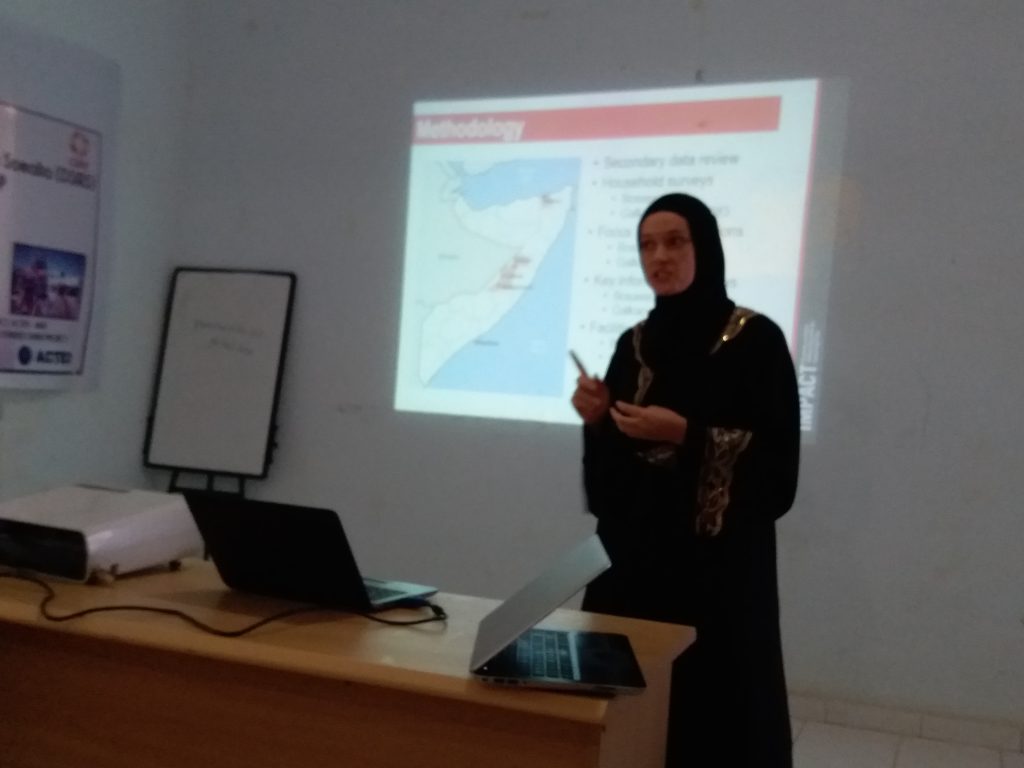
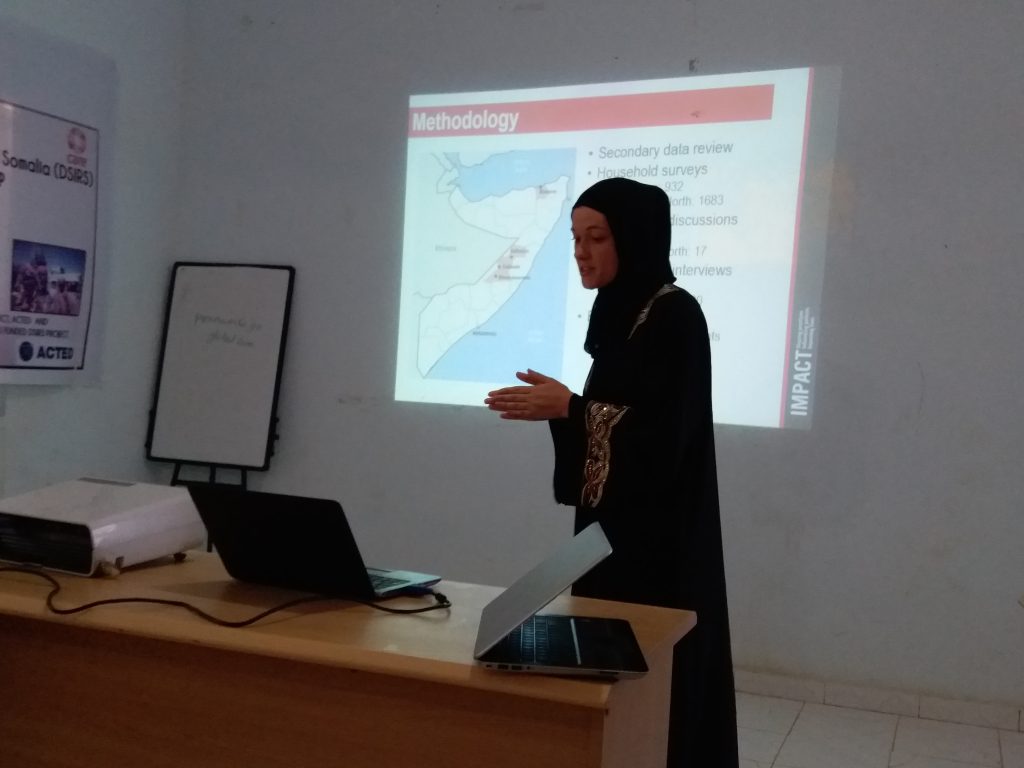
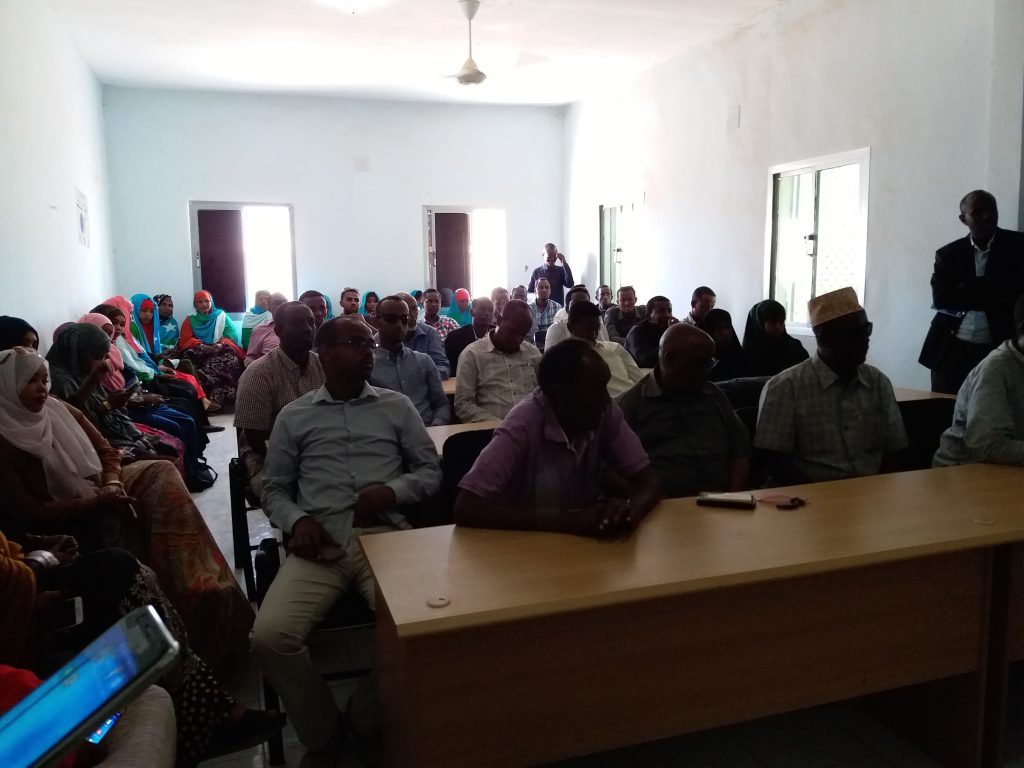
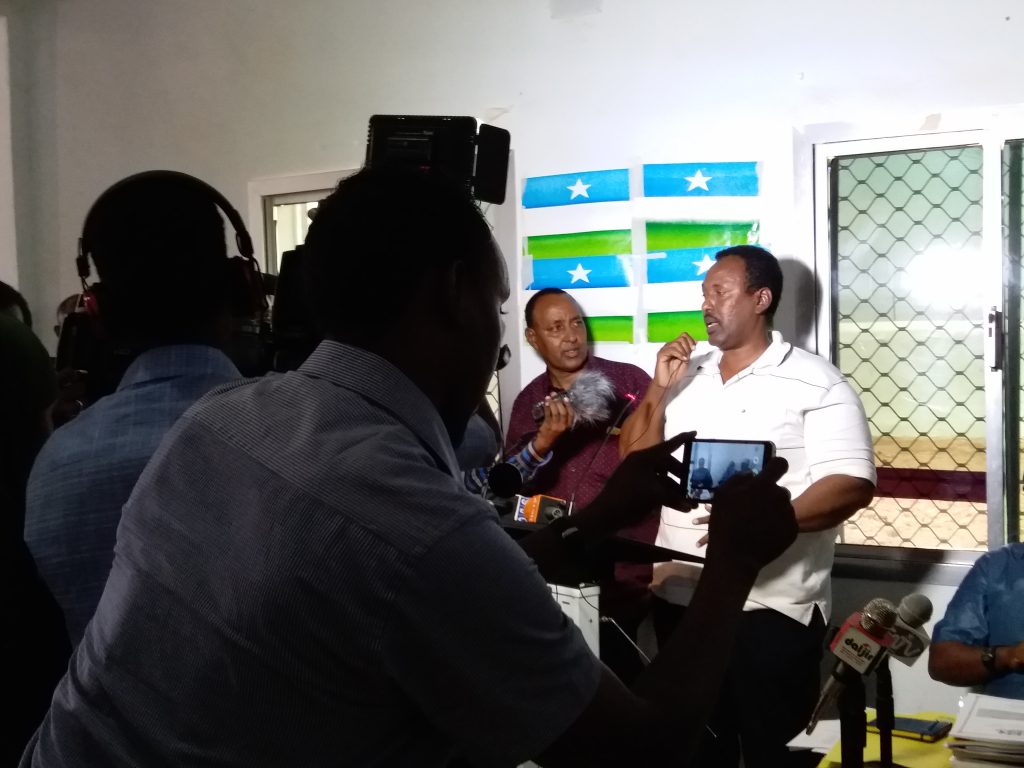
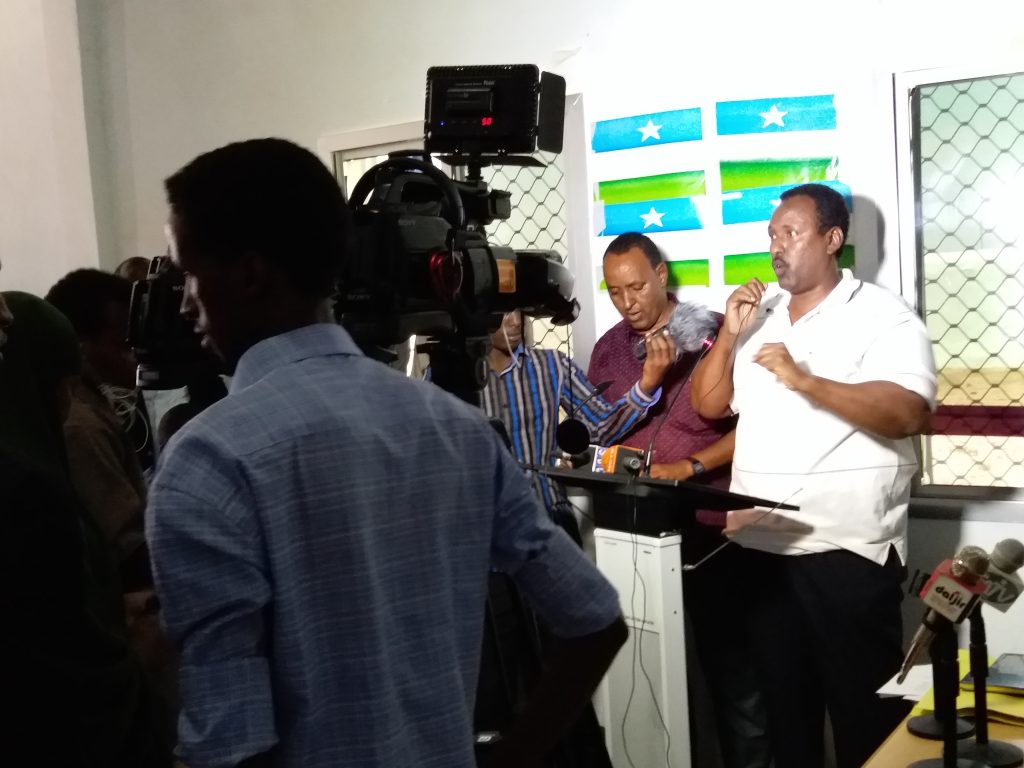
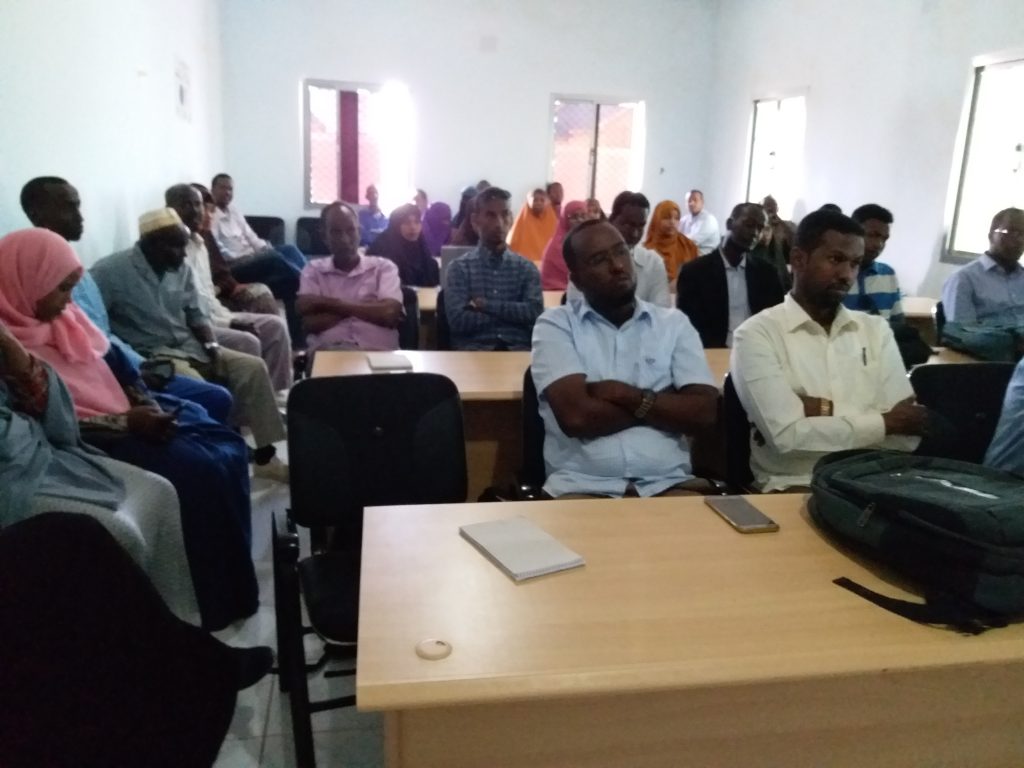
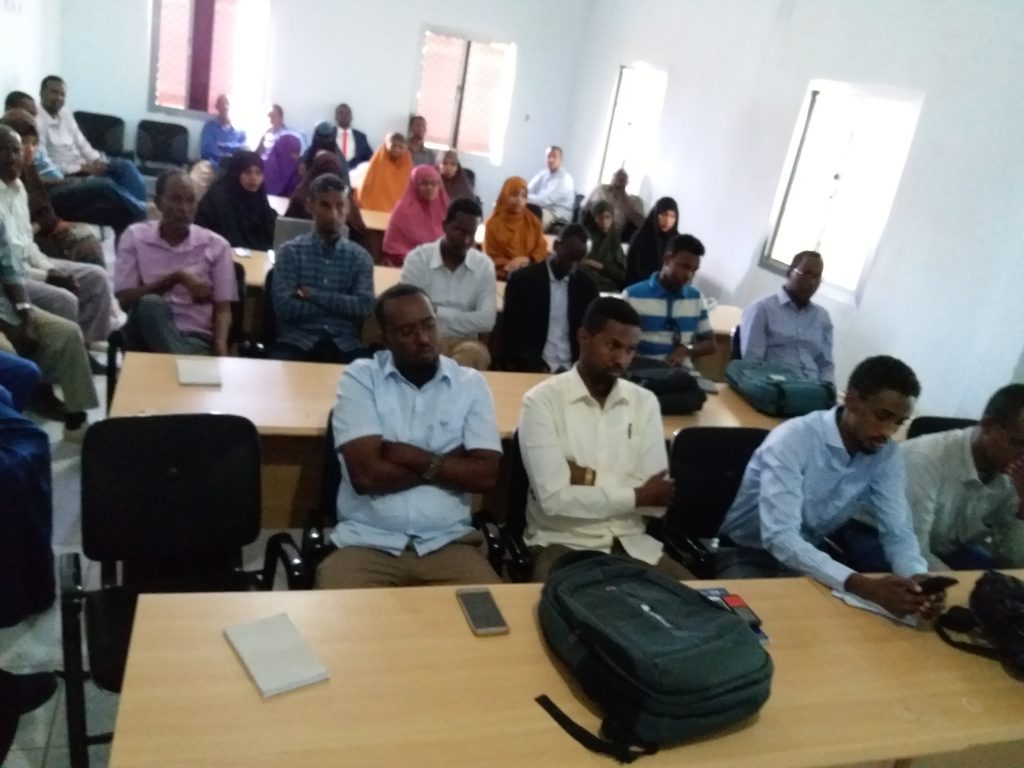
Facilitated by an expert from Bareedo Platform, the sessions provided intensive technical instruction focused on enhancing participants’ competencies in data collection, data entry, migration flow analysis, and accurate reporting. Emphasis was placed on ensuring consistency, reliability, and timeliness in migration-related information management.
This training is part of a broader initiative by Bareedo Platform to strengthen the institutional foundations of Puntland’s mixed migration monitoring system, equipping relevant departments with the tools, skills, and methodologies required for effective decision-making and protection programming.
By investing in the human capital behind migration monitoring, Bareedo Platform has not only improved day-to-day operations but also contributed to the regular and systematic production of reliable migration flow data across Puntland. This data plays a crucial role in informing humanitarian responses, policy development, and regional coordination on migration governance.
Bareedo Platform remains committed to supporting the Government of Puntland and its key agencies in building a migration system that is transparent, rights-based, and responsive to the complex realities facing both host and migrant communities in the Horn of Africa.
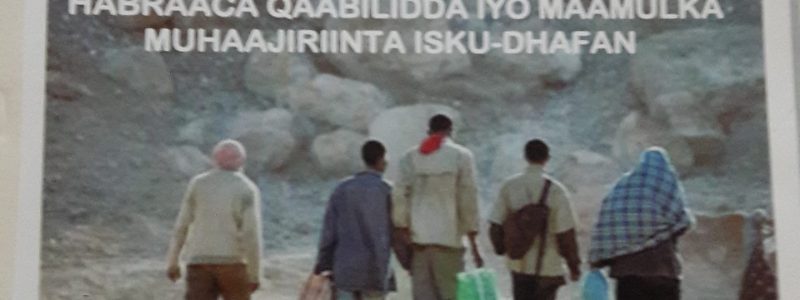
Bareedo Platform Somalia played a pivotal role in supporting the Puntland Government—particularly the Department of Refugees, Returnees and Mixed Migrants (DRRMM) under the Ministry of Interior—in developing and institutionalizing comprehensive tools and operational procedures for managing mixed migration. Through a close and sustained partnership, Bareedo Platform enhanced the government’s ability to monitor, coordinate, and respond effectively to dynamic migration flows across Puntland.
This collaboration focused on advancing a data-informed and protection-sensitive approach to migration governance by providing direct technical assistance, delivering targeted capacity building, and designing standardized operational frameworks and monitoring tools. These efforts significantly strengthened the operational capacity of the DRRMM and its affiliated staff, especially those working at key entry and exit points, as well as within the central migration data management unit.
Development of Mixed Migration Operational Procedures and Monitoring Tools
To institutionalize a consistent and effective approach to mixed migration management, Bareedo Platform led and supported the design, development, and rollout of several key tools and frameworks, including:
1. Standard Operating Procedures (SOPs) for the Management and Reception of Mixed Migrants
This SOPs provides clear, step-by-step guidance for government officials, humanitarian actors, and service providers on the reception, registration, and assistance of mixed migrant populations. The document outlines standard procedures for initial reception, case registration, referral pathways, and delivery of basic services. It also includes specific protocols for conducting awareness-raising sessions on migration-related risks, such as smuggling, trafficking, and exploitation—ensuring migrants receive timely, life-saving information during their arrival process.
2. Mixed Migration Movement Monitoring Forms
Two user-friendly, standardized data collection forms were developed to enable frontline staff to collect accurate, disaggregated data on migration movement flows. These forms capture data disaggregated into gender, age, country of origin, and push/pull factors influencing mobility.
The tools support real-time monitoring of both inbound (entry) and outbound (departure) movements, contributing to a timely and evidence-based understanding of migration dynamics across Puntland, Somalia.
3. Mixed Migration Data Collection Process Diagram
A visual process diagram was created to map out the entire data collection lifecycle—from point-of-entry and exit collection to centralized analysis and dissemination. This diagram clarifies the roles and responsibilities of field teams, data clerks, supervisors, and analysts at every stage of the data flow. It enhances coordination and ensures accountability in data handling across all locations.
4. Data Recording and Analysis Tools
Bareedo Platform also developed a suite of recording and analysis tools, including digital forms, summary templates, and a basic database system to standardize the way data is compiled, cleaned, and analyzed. These tools empower both field staff and central analysts to transform raw migration data into actionable insights that can inform planning, protection, and response interventions.
These technical interventions have had a transformative impact on Puntland’s migration management system. They significantly enhanced the institutional capacity of the Department of Refugees, Returnees and Mixed Migrants (DRRMM) to manage complex and evolving migration flows across the region. Through targeted training and the introduction of standardized tools, the program improved the technical skills of both frontline and central staff in key areas such as data collection, entry, analysis, and reporting.
The development and rollout of operational procedures and monitoring tools led to the standardization of practices and protocols across various locations, thereby reducing inconsistencies and improving the overall quality and coordination of service delivery. As a result, the department was able to systematically produce and manage migration flow data between 2016 and 2021, enabling more timely, data-informed responses and targeted protection programming.
By embedding these tools and practices within the department’s regular operations, Bareedo Platform contributed to the creation of a more coordinated, transparent, and effective mixed migration monitoring system. This progress laid a solid foundation for long-term policy development and enhanced cross-border migration governance throughout Puntland.